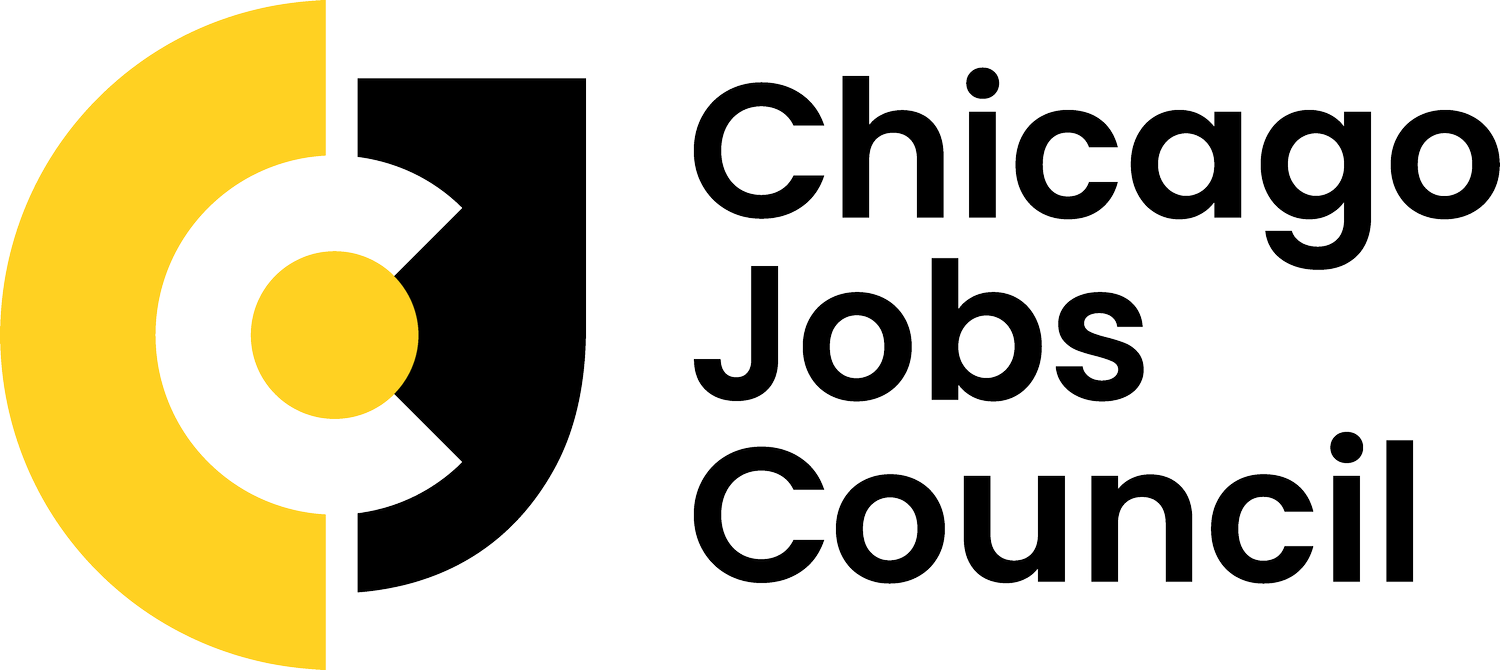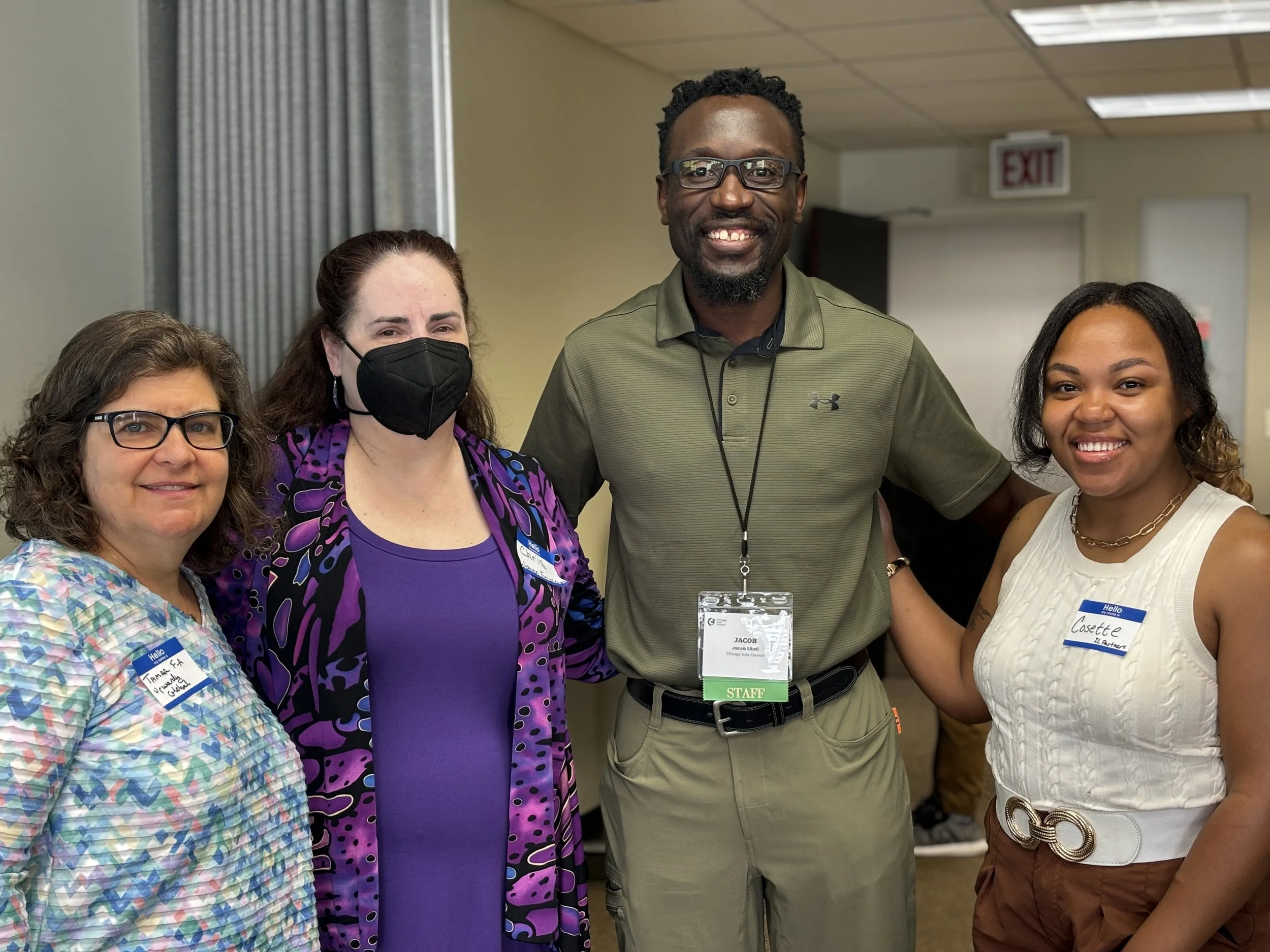Community of Practice: Promoting Policy Alignment to Combat Systemic Racism
On Wednesday, May 22nd, the Chicago Jobs Council hosted its Community of Practice series's final session, "Promoting Policy Alignment to Combat Systemic Racism." This event gathered experts to discuss aligning policies to effectively address and dismantle systemic racism in the workforce development space. The audience included representatives from notable organizations such as the Obama Foundation, Inspiration Corporation, and Safer Foundation.
One key topic addressed was the barriers to employment for immigrant communities, particularly in the medical field. The discussion highlighted the necessity of reforms in medical licensing practices for foreign-trained doctors to help alleviate the physician shortage in the United States. Thousands of qualified physicians immigrate to the U.S. each year but face significant obstacles in securing medical jobs due to the high costs and complexities of the U.S. Medical Licensing Examination (USMLE) system. These barriers disproportionately affect doctors from lower-income countries, many of whom are People of Color. Reforming these licensing practices would address the doctor shortage and help tackle inequities in the healthcare system, improving access to care in underserved areas.
Another crucial topic was the alignment between education and training in the adult education space, English as a Second Language sector, and community colleges. The lack of coordination between workforce development organizations and these educational providers creates gaps in what is offered and needed for employment advancement. Advocating for stackable credentials and skills-based recognition for credentialing was proposed to allow individuals with relevant experience to advance and access more job opportunities.
Finally, the need for coalition building to address structural racism in workforce development was emphasized. Networking among community-based organizations is essential for promoting equitable policies and valuing human services to achieve racial equity. Effective coalition-building can support, train, and provide career progression for marginalized groups, fostering a more inclusive workforce development landscape. The discussion also touched on gap funding as a strategy to bridge funding delays from state agencies, ensuring that organizations can continue providing essential services without interruption.
The event concluded with a focus on actionable solutions to address systemic barriers in workforce development. Attendees left with practical ideas and a clear purpose, ready to implement changes in their organizations and communities.
Thank you to our Panel Speakers!




